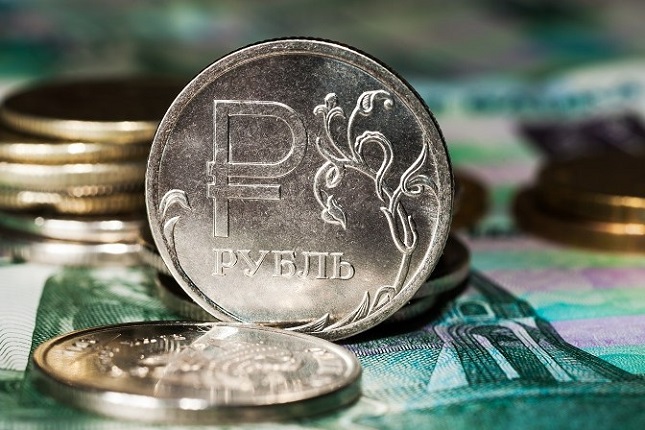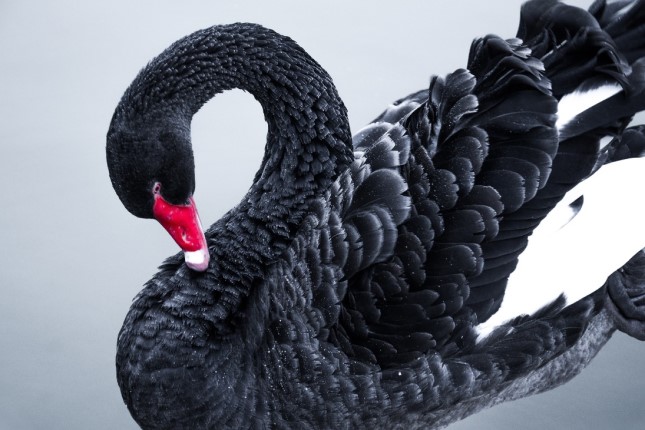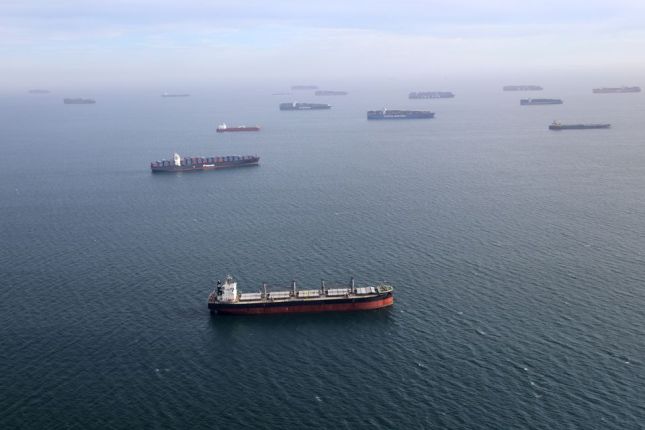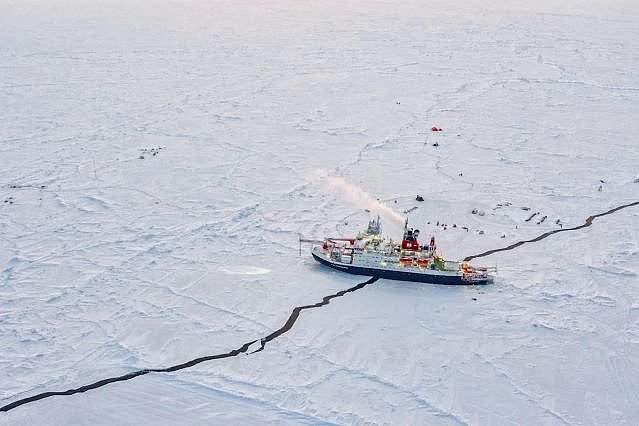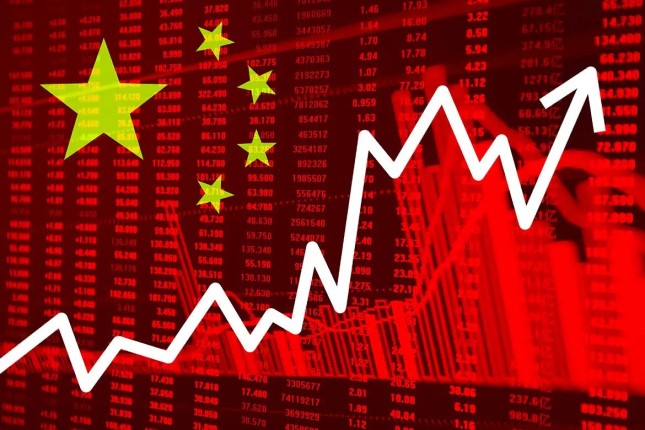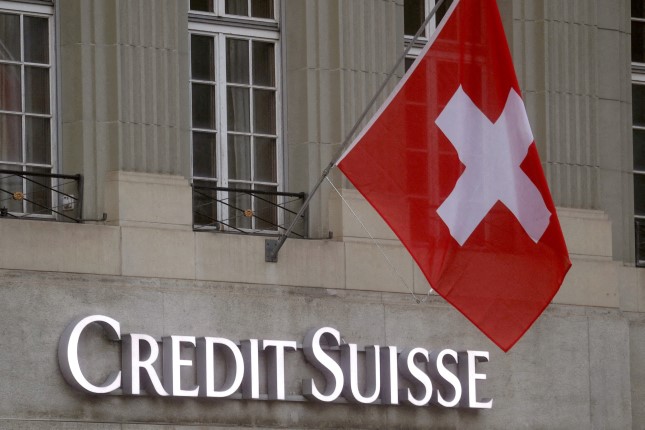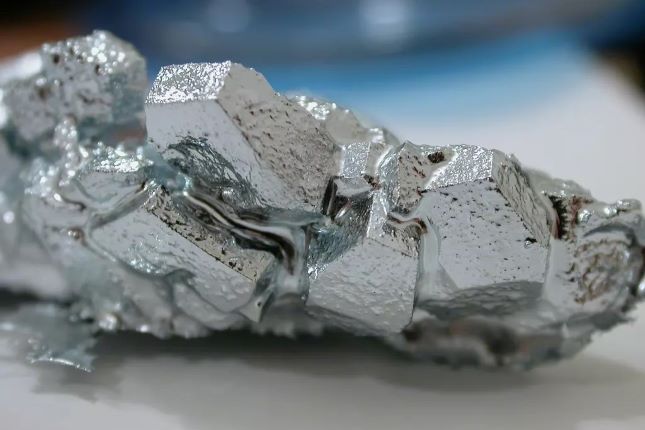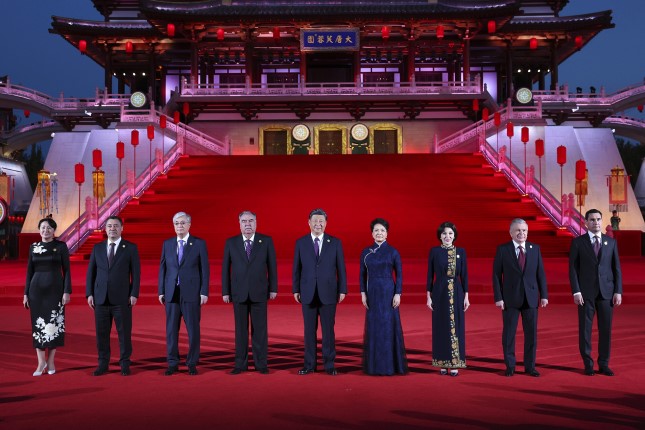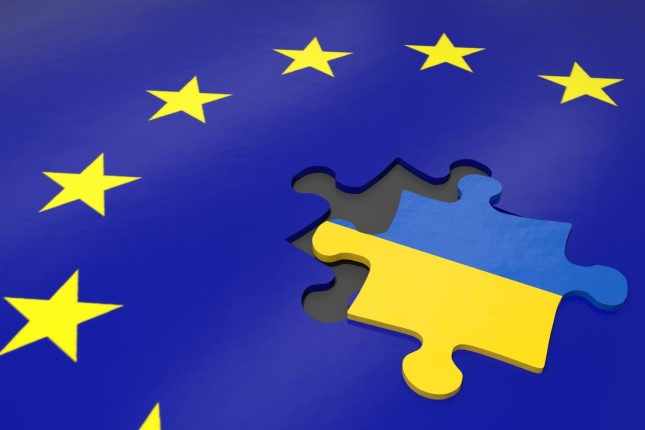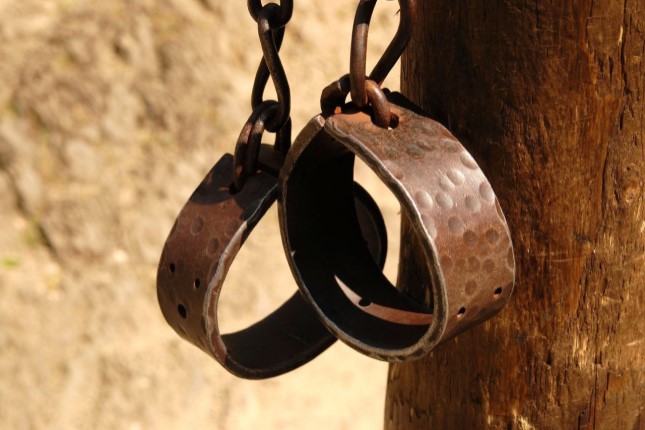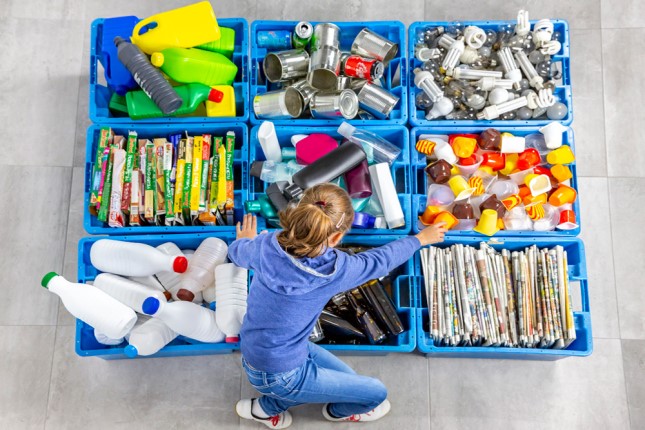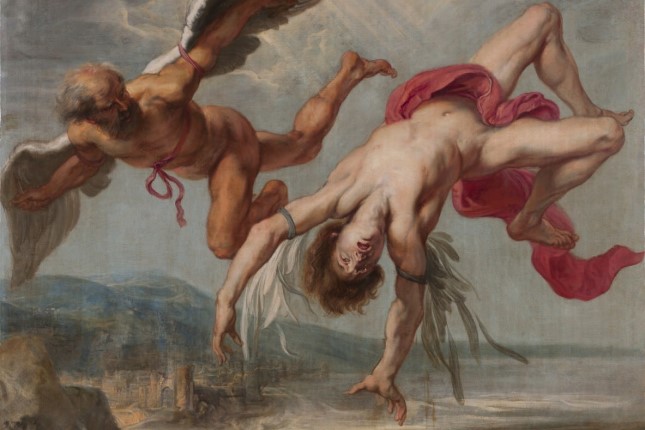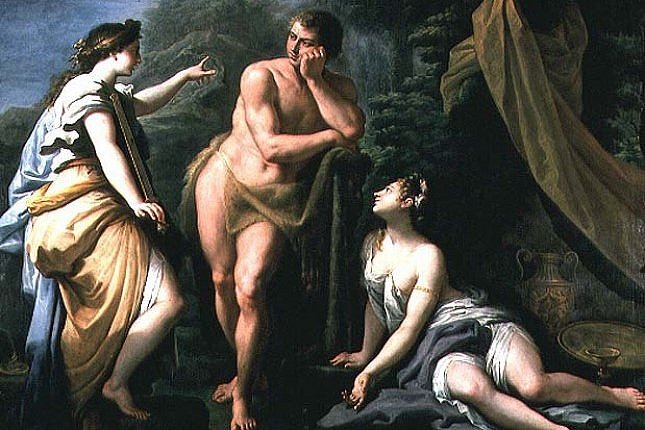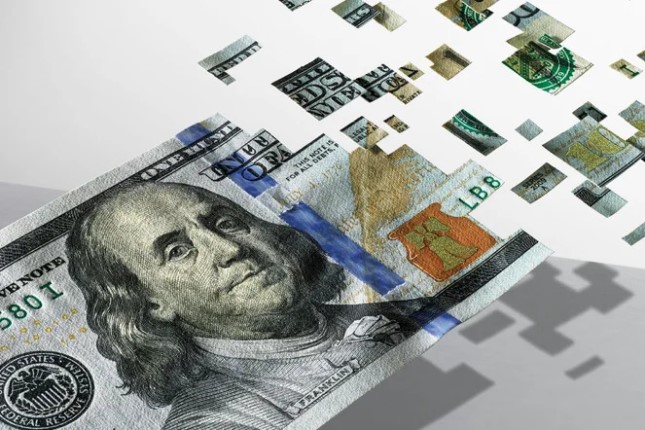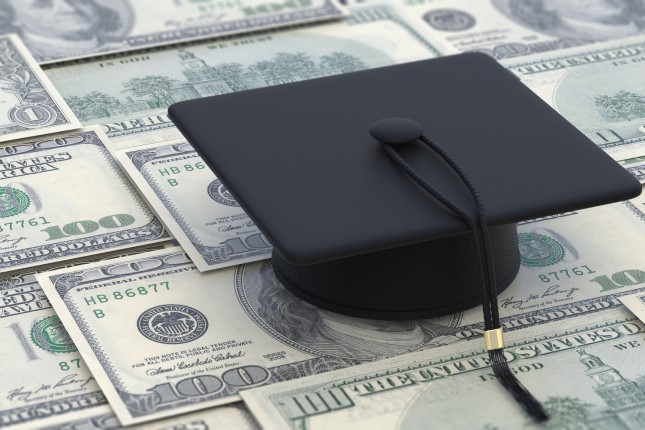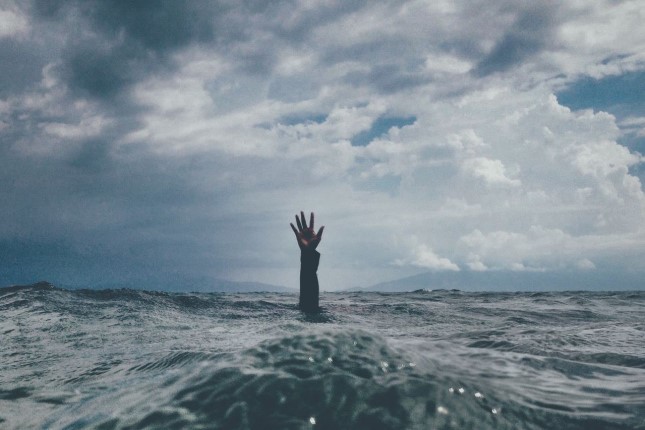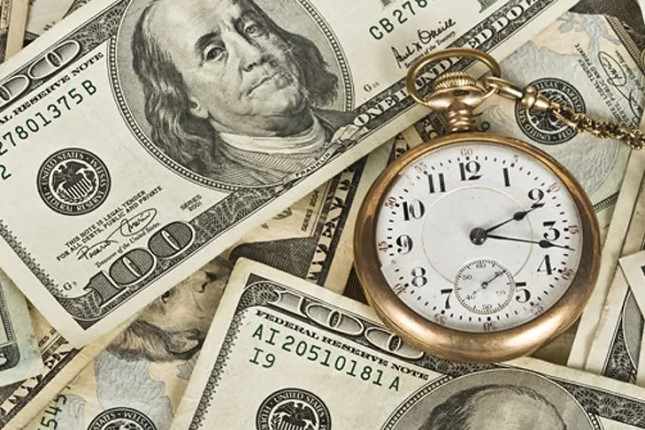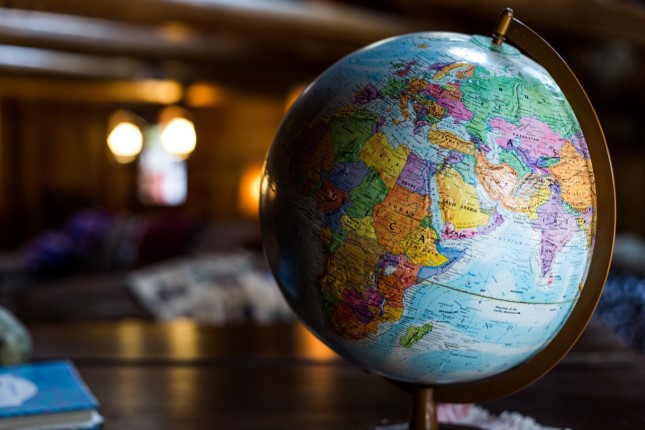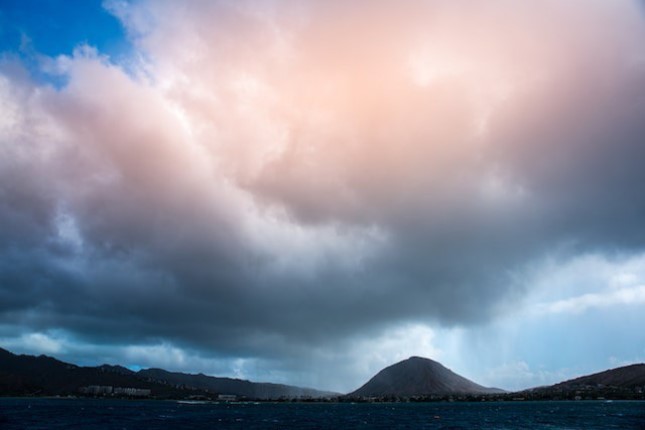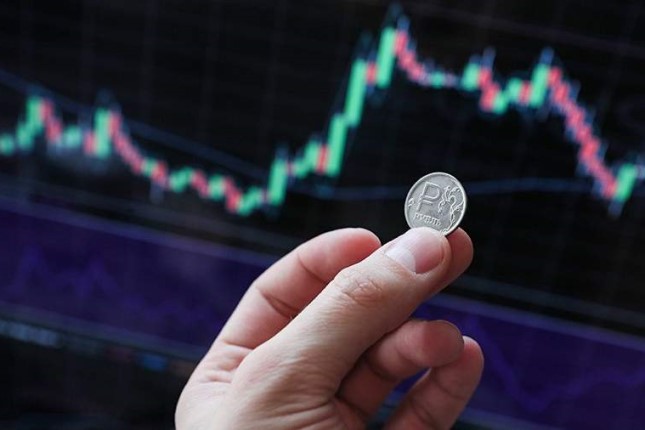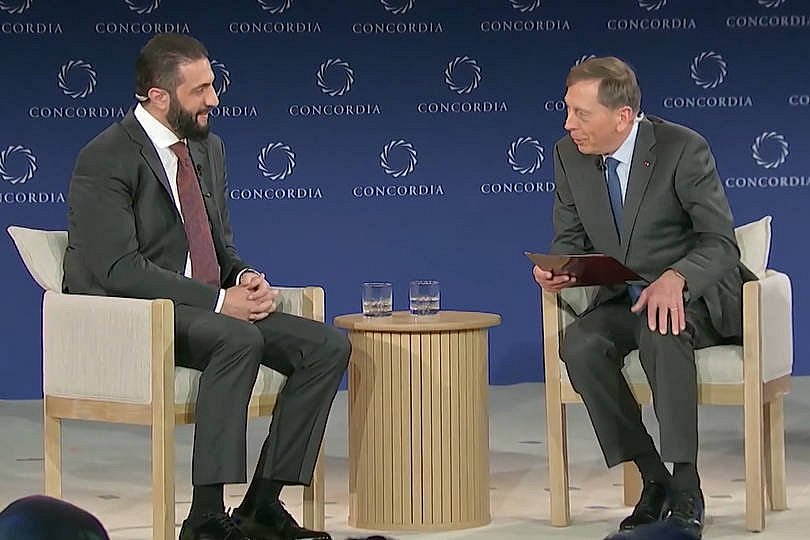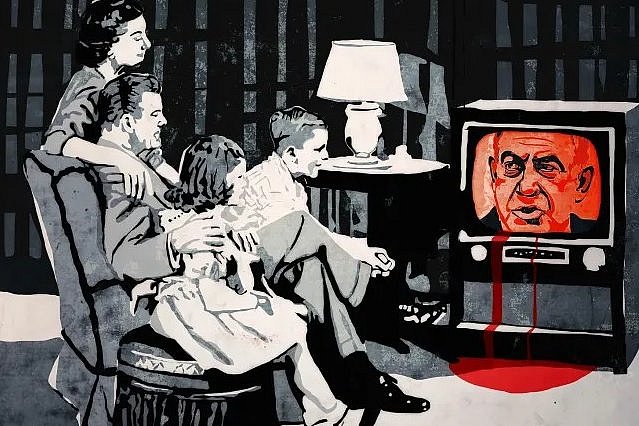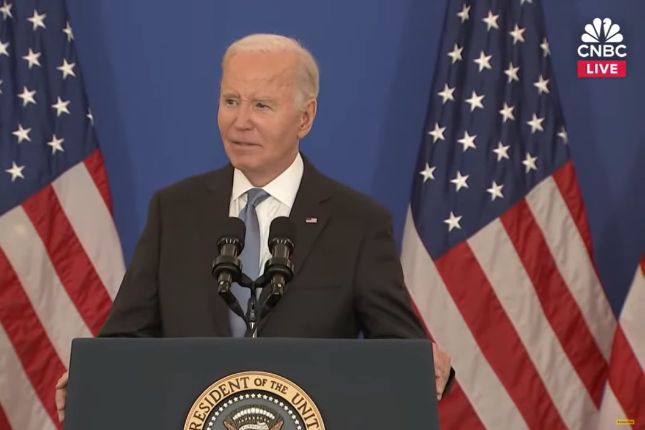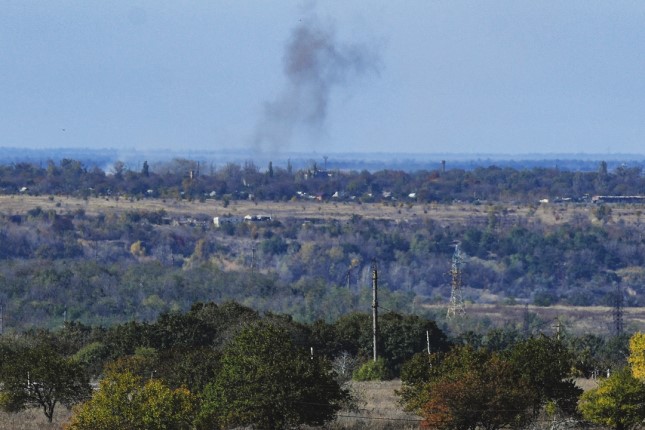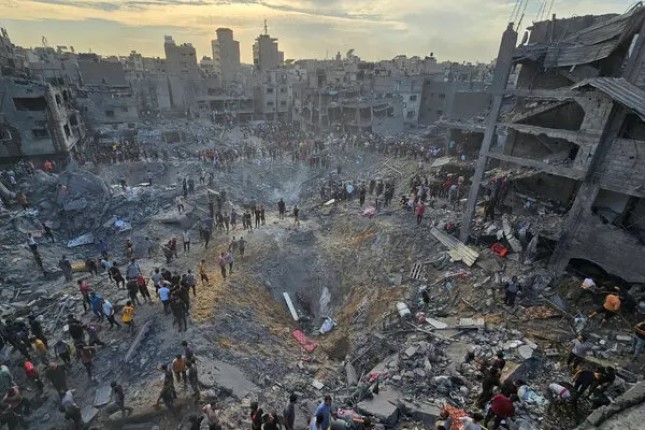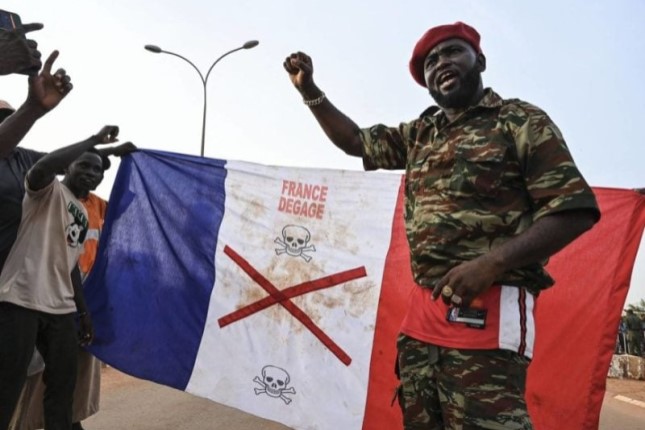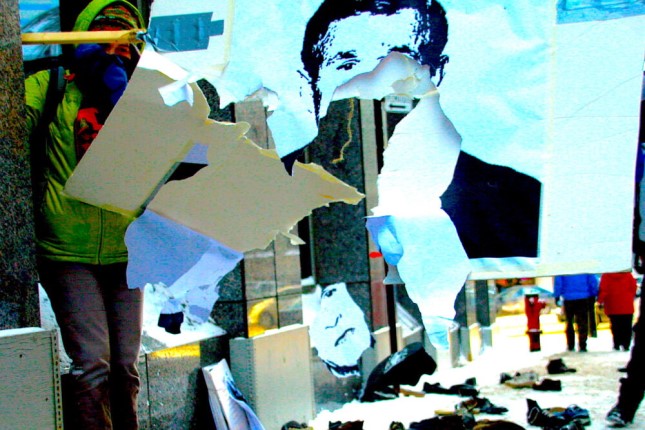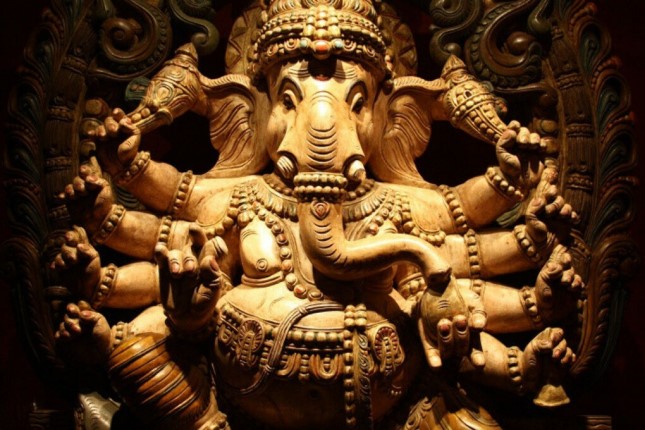In March, everyone said the opposite, including economists and our financial experts in Italy's government. I wrote that hitting Russia, a significant supplier of raw materials in a globalised world, with sanctions would have the opposite effect. The rouble weakened sharply at first but soon gained over a gradual revaluation of the Russian currency, especially against the Euro, so much so that it surpassed the pre-conflict exchange rate.
In posts published at that time, I wrote that the consequences of sanctions would be highly damaging for our economy and catastrophic for Europe, which would find itself depressed and increasingly self-isolated. And soon rather than later, we will be there. We have not realised that the 380 million Europeans, albeit having a high degree of development, a high GDP and high purchasing power, are nothing compared to the more than 3 billion citizens of the world who have not applied sanctions. I wrote that we, not Russia, were exposed to the risk of being marginalised. The value of Russian exports this year is even better than last year.
Commodity prices have risen, which comes as a boon to a country whose GDP depends mostly on raw materials. We have done everything to make them grow and continue doing so. I warned that we would throw a boomerang that would come back to us by increasing production costs for our companies and reducing their competitiveness in the global market. European states are pumping money by leveraging debt to make it temporarily look like a "mini economic boom".
But they do not dare say it is a sham based on new public debt. Thus, the European policy has contributed to an increase in both demand-driven inflations (due to the policy of monetary expansion) and supply-driven inflation (due to rising commodity prices), jeopardising the financial stability of their budgets, which are increasingly fragile and exposed to possible international speculative attacks. Years ago, I already made a stand against sanctions on Russia over Crimea, which only resulted in a loss of Italian agricultural and food exports and boosted the development of Russian domestic production in these sectors. We are now falling into the same trap, a trap which is ten times bigger this time.
What leaves me astonished is that there is not a single parliamentarian, neither a right-winger, nor a centre-winger, nor a left-winger, who would flag the risk that these wicked and illogical choices pose for Italy and Europe. If we had wanted to hit Putin, we should have arranged for commodity prices to fall. Instead, we are playing his game by making them rise. Did we need financial and economic experts like Draghi to do all this? Unless the game of rising commodities also involves other players outside Europe who find the current conditions as favourable to impose their raw materials on us, from gas to cereals, which were previously entirely off the market. This would be even more of a problem in this case: those who incite us to sanctions to hit Russia gain from the sanctions, while the only ones to pay are us. The real goal is to demolish the German-Italian production system? I hope not.
